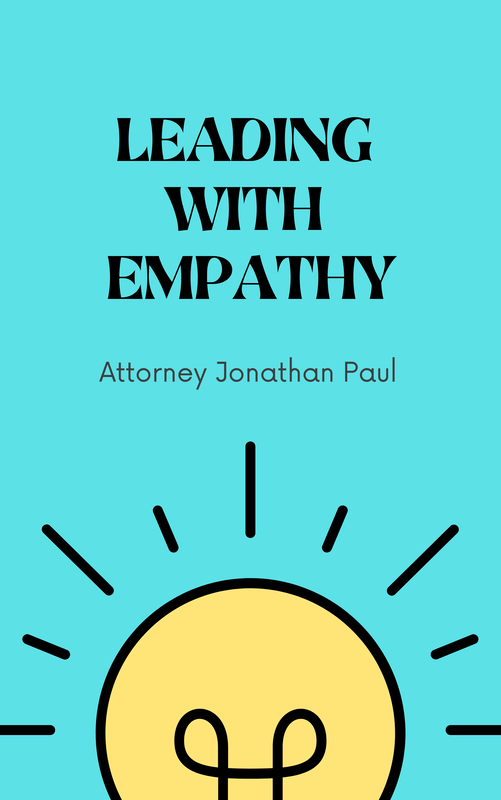|
If charged with domestic violence in Michigan, you may be eligible for this program. Under this program the Court “may defer further proceedings and place [you] on probation . . . without entering an adjudication of guilt.” MCL 769.4a(1).
Then, “upon fulfillment of the terms and conditions [of probation], the Court shall discharge [you] and dismiss the proceedings against [you] . . . without an adjudication of guilt,” such that you do not have any “conviction . . . for purposes of [the usual] disqualifications or disabilities imposed by law upon a conviction” for Domestic Violence or Aggravated Domestic Violence (i.e. impairment of your 2nd Amendment right to bear arms, etc.). MCL 769.4a(5). As long as you complete probation successfully, the court will dismiss the case. The matter will be non-public and the only way to access the record would be if you were charged again, a prosecutor for purposes of seeing if you have a record, may review a non public record. This means an employer should not be able to see the incident. While this seems like a great outcome (it is), there are a number of ways to pursue options where you may be able to avoid probation and the chances of violating in which this would go on your record, and you would likely go to jail. The prosecutor must also agree to this deal; many prosecutors in Michigan are very picky about when this is offered, and I've had clients have to set their cases for trial, because a prosecutor refused. My proactive program has changed a lot of prosecutors minds, which may not otherwise have offered this outcome. Will my spouse be able to tell the prosecutor to dismiss my Michigan domestic violence case?5/11/2017
If charged with DV in Michigan, the alleged victim will speak to a victim advocate who is usually employed by the state and either part of the prosecutor's office or works closely with the prosecutor. That advocate has special training and access to resources for a true victim of domestic violence.
It's not common that the alleged victim has direct contact with the prosecutor other than potentially prepping for a trial. Prosecutors in Michigan for the most part do not dismiss cases because the victim requests it - they consider their wishes in maybe reducing charges or offering 769.4A status, but the case doesn't go away upon request. So no, your spouse cannot get the case dismissed by asking the prosecutor. If they wish to be helpful, they can expand on information of the case, and maybe clarify that the incident was more mutual than first thought and if they made statements out of anger and not truth, then they should clarify or make a new statement. It will help in resolving the case, and would provide a more accurate account of the case for both sides. To clarify, the spouse in this situation is not the one charging you with domestic violence, it is a prosecuting agency for a city, township, village, county etc. This prosecutor can use prior incidents against you in two different ways.
One, if you have a prior DV case, against or not against the victim in the current case, the prosecutor is unlikely to offer the 769.4A dismissal program in your case, which means we will need to set the case for trial. It may also make the charge more serious with a prior, which extends the maximum penalties. Two, if you set your case for trial, the prosecutor may file notice of intention to use prior DV incidents at trial, either convictions or cases that were not formally charged against you. A judge decides if these incidents are allowed to be used at trial, but if they are, it's certainly a point of strength for the prosecutor in convincing a jury or judge that the current incident is in fact a crime. Facts about a past incident is likely to assist a prosecutor in convincing a jury or judge that you simply did it again, in a sense a pattern of domestic violence. Every case is different, and a small portion of domestic violence cases do not have a clear path to dismissal. If you have a prior DV case, or a number of prior incidents against the same person, it will be difficult to get the prosecutor to agree to resolve the case with anything but a conviction on your record - under this scenario, you would need to set the case for trial.
Assuming you have never had a prior DV case or documented incident on the books, working toward a dismissal is very much possible. Here is one situation where a client's case may be able to get dismissed. #1 - Upon being arrested, we obtain all police reports, videos, audio and statements related to the case. There will be a no-contact order in place, so my client can't communicate with the victim, but as an attorney, I would be able to reach out if necessary. We make a plan to go to court, and if the other party is agreeable, we seek to remove the no-contact order. This allows my client to resume a somewhat regular life and have their mind in the right place to assist in their defense. During this time, my client is undergoing voluntary alcohol and drug testing, especially if these substances were involved in the incident. I will have my client get into counseling to begin better understanding the process and learning from it. If my client is allowed to have contact with the alleged victim, I would try to get them into a joint counseling to begin to fix what lead up to the incident and begin transitioning things into a private situation vs a public embarrassment at the courthouse. #2 - The alleged victim will chat with a victim advocate, and if they are supportive of a favorable resolution, that will be conveyed to the prosecutor who will then be open to my requests. The prosecutor will not simply drop the case upon request, it does not work that way in Michigan. As long as the alleged victim is open to making the case non-public, the prosecutor may authorize 769.4A status as part of a plea resolution. It's not easy as you may think to receive this deal, because the prosecutor must offer it and confer with the alleged victim. #3 - If the 769.4A is on the table, and my client determines it is the best option for his case, then we will formalize the deal and confer with the judge about avoiding upfront jail, which is likely. My client must be prepared to be on probation and fulfill the requirements of the court; a violation of probation could mean this offense going on my client's record. Ideally we have knocked out a number of these requirements proactively, and my client is left with complying with staying out of trouble, avoiding alcohol, drugs, and paying fines and costs. If my client still has counseling, community service and other requirements to fill, we need to make sure we have a plan for success to knock these out as quickly as possible. |
Categories
All
|





